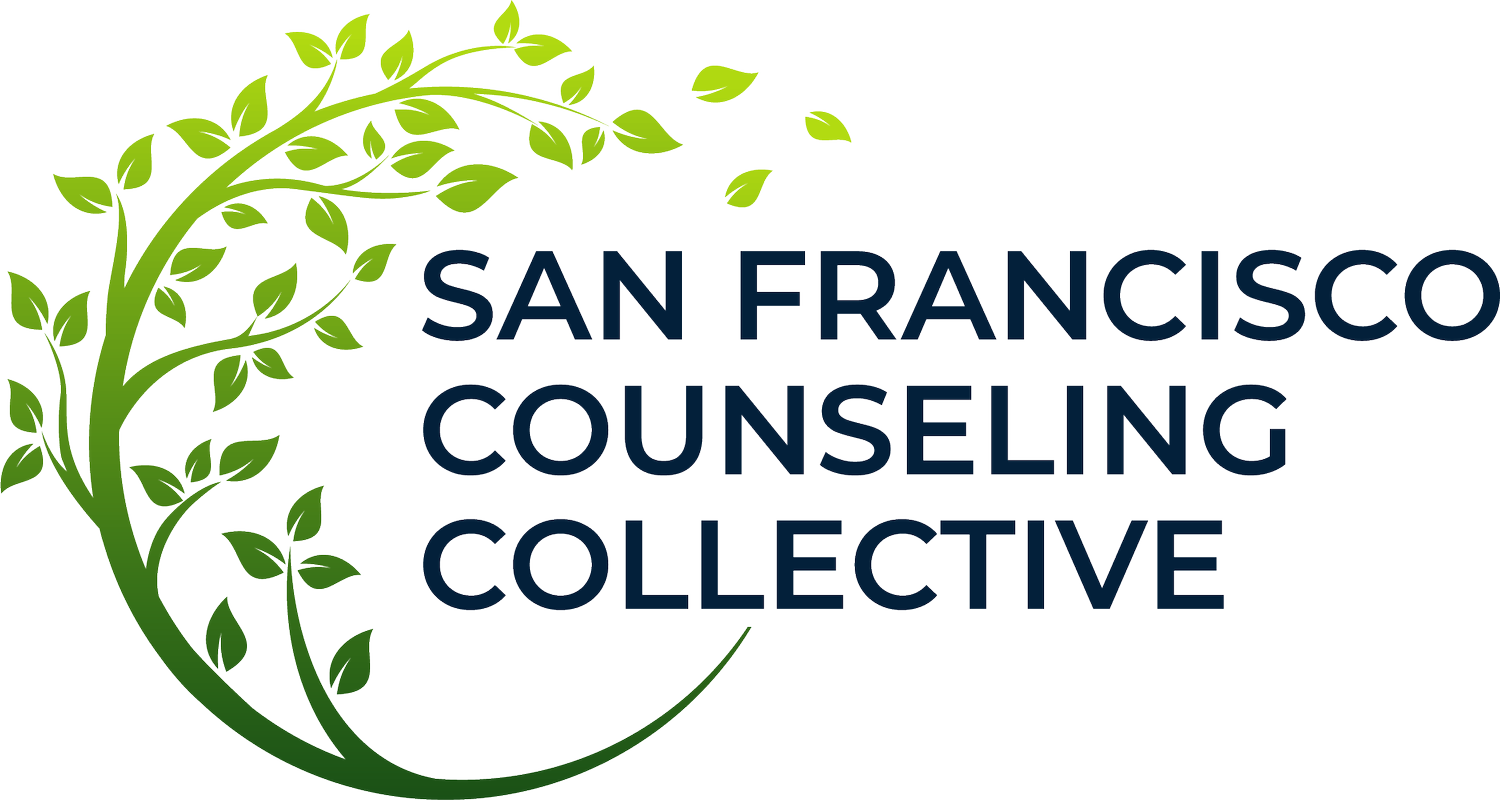What it means for you, whether you live in California or join us by telehealth
The material provided below is intended for general information only and is not legal advice. Policies change quickly; for guidance on your specific situation, please consult a qualified attorney licensed in your state.
Many people have written or called this week about the Supreme Court’s June 18, 2025 decision in United States v. Skrmetti—the case that upheld Tennessee’s ban on gender-affirming medical care for minors. Let’s walk through what actually happened, why California’s protections remain strong, and what practical steps you (or the young people you love) can take right now.
What Happened?
On June 18, the Supreme Court ruled 6-3 that Tennessee may keep its 2023 law blocking puberty blockers and hormone therapy for anyone under 18. The majority framed the issue as a state’s right to regulate medicine; the dissent said the ban denies equal protection to trans youth. Similar laws in more than two dozen states can now stand—so the ruling understandably feels seismic. (wired.com, supremecourt.gov)
“I’m in California—does this affect my care?”
Short answer: Your rights here in California did not change.
Essential health care. California law still defines gender-affirming care as medically necessary. SB 923 requires every health plan to maintain a competent network of providers and to prove it annually. (ebglaw.com)
No new hoops to jump through. A May 1 bulletin from the Insurance Commissioner reminded insurers that denying or delaying this care is illegal discrimination. If an insurance representative suggests otherwise, quote that bulletin number and ask for a supervisor. (kff.org)
Planning care for minors who travel to CA
Youth ages 12 and up can consent to their own mental-health services here.
Insurance tips: ask carriers about “out-of-area emergency” clauses or single-case agreements.
Trusted resources: UCSF Child & Adolescent Gender Center, TransFamily Support Services, and local safe-housing networks if you need a place to stay.
Three action steps to take today
Call your insurer. You may want to use this script (or similar language) if you need it:
“Under California SB 923 and the May 1 2025 Insurance Bulletin, gender-affirming care is essential health care. Can you confirm my benefits for [service]?”Update paperwork. Ask all your providers to add SB 107 privacy language to consent forms.
Protect your records. Use encrypted portals; avoid emailing documents to relatives in restrictive states—it lowers subpoena risk.
Emotional fallout is real—here’s what can help
Spikes in anti-trans legislation reliably raise anxiety and depression, especially for youth. (aclu.org) If panic is creeping in, try a quick 5-4-3-2-1, followed by box-breathing or other grounding. If distress shoots past “manageable,” please reach out:
Trans Lifeline – 877-565-8860
Rainbow Resilience Text Line – Text RAINBOW to 741-741
San Francisco Crisis Line (Felton Institute): Call (415) 781-0500, or text “CRISIS” to (415) 200-2920
988 Lifeline – Press 1 for the LGBTQ+ line (through July 17, then follow the new prompts).
You don’t have to go through this alone.
How can SFCC support you right now?
Therapy openings—in person and online. We have day and evening appointments in person in our Castro clinic, or by telehealth in 13 states (CA, CO, FL, IN, IA, KS, OR, PA, RI, SC, UT, WA, and WI). (Note—states listed in italics have bans in, fully or largely in effect after the Court’s decision. We’re here to offer support to everyone—including those of you who live in one of these states.)
Letters & care coordination. We cooperate with gender-affirming primary physicians, gender specialist providers, surgeons, and others. Typically, we can help relieve some of the red-tape burden for you, and we continue to provide pre-surgical mental health evaluations to support gender-affirming surgeries.
Further reading & legal help
CA Office of the Patient Advocate (1-888-466-2219)
If you still have questions—or just need to vent—reply to this email or book a 15-minute call.

